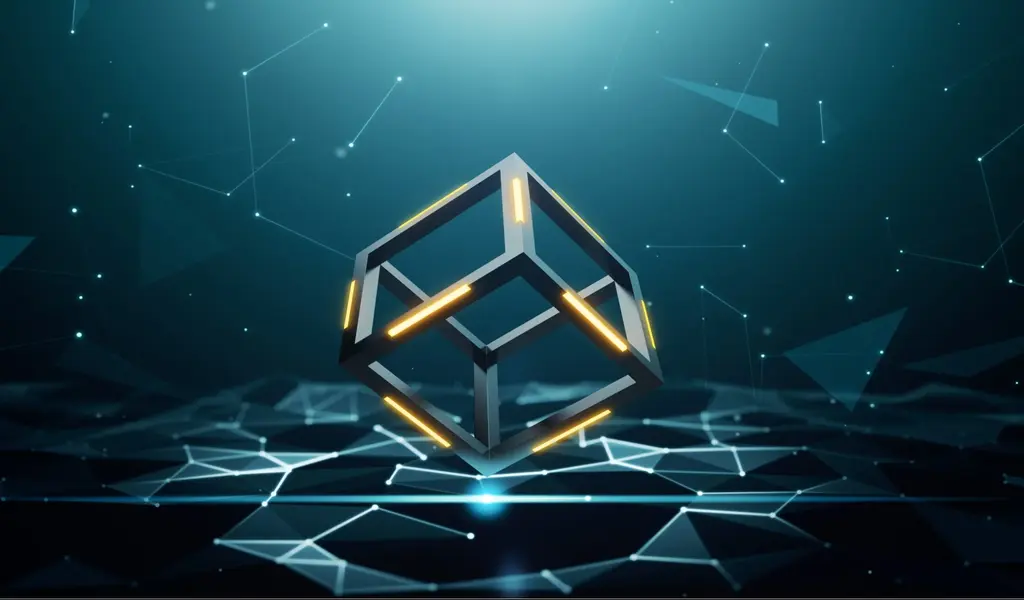Blockchain technology and NFTs have gained crucial attention in recent years. Unique digital assets known as NFTs are kept on a blockchain, usually the Ether blockchain.
Unlike fungible cryptocurrencies including Bitcoin, which can be swapped one-to-one, NFTs are indivisible and signify ownership of a particular good or piece of material, such as a work of art, a collectable, or digital real estate.
The blockchain ensures the provenance, authenticity, and ownership of these digital assets, making it difficult to tamper with or duplicate them. non-fungible tokens (NFTs) represent an evolution in the realm of cryptocurrencies and the broader financial system. Leveraging sBTC (SBTC) for DeFi opportunities is a strategic move for those seeking to maximize their gains in the decentralized finance sector.
While cryptocurrencies like Bitcoin and Ethereum introduced the concept of digital currencies, NFTs take the idea further by representing unique, indivisible assets on the blockchain.
By creating digital representations of physical assets such as artwork, real estate, or collectables, NFTs enable the tokenization of these assets.
This process brings liquidity and accessibility to traditionally illiquid assets. The use of NFTs allows for the reinvention of the finance infrastructure by providing new opportunities for trading and lending.
For example, NFTs can enable fractional ownership, allowing multiple investors to own a portion of an asset, such as a real estate property.
This verification process makes the new block a psychologically secure one by associating it with the old blocks. Therefore, once a transaction is verified, it provides hard proof to restrict and replicate it, thus keeping it safe from hacking and unauthenticated activities. NFT is a special type of blockchain token that embodies a unique and non-fungible asset.
Non-Fungible Tokens (NFTs)
Using NFTs allows businesses to access digital assets with multiple features. These assets can be transferred, stored and sold, which is very useful in various fields such as art, gaming, collectables etc. NFTs can be used as a feature to personalize and identify what makes them special.
In addition, NFTs also provide a unique means of interaction for business users, which sets them apart on the Internet. This gives users a new way to interact and experience business or social interactions.
Overall, NFTs have revolutionized the way digital assets are authenticated, traded, and valued, opening up new opportunities for secure and innovative applications in the digital space.
NFTs affect cyber security and identity
Blockchain technology has indeed introduced new standards in cybersecurity. It’s decentralized nature and cryptographic principles contribute to enhancing data security and protecting organizations from cyber-attacks. Here are a few key aspects of how blockchain technology improves cybersecurity: The following are examples of some security innovations:
-
Smart Contracts
Smart contracts leverage blockchain technology for their operation and possess self-executing capabilities, which allow them to enforce terms automatically without requiring intermediaries. These contracts play a crucial role in bolstering security and fostering trust within organizations and businesses.
They exhibit tamper-proof characteristics, rendering them resistant to modifications or removal. Additionally, smart contracts embrace transparency, as their code and actions are visible to all participants. Furthermore, smart contracts can serve as a means to manage investor identities, providing a secure foundation for trust.
-
Private and Public Blockchains
A private blockchain database enables enterprises to exchange information without relying on a central authority. It offers a secure means of storing investments, relationships, and other data. In contrast, public blockchains are accessible over the internet and can be viewed and utilized by anyone.
They provide a transparent and secure framework where transaction information is publicly available in chronological order. Both private and public blockchains serve as excellent platforms for storing sensitive data, offering security, transparency, and protection against unauthorized interceptions.
-
Decentralized Technology
Decentralized blockchain networks provide users with a secure way to store their data. The use of advanced encryption technology ensures the integrity and confidentiality of the data.
The decentralized nature of the blockchain makes it extremely difficult for hackers to gain control over the system or manipulate entity or card information. The unique concept of blockchain networks makes it highly resistant to such attacks, thereby enhancing the overall security of the network.
⚠ Article Disclaimer
The above article is sponsored content any opinions expressed in this article are those of the author and not necessarily reflect the views of CTN News






